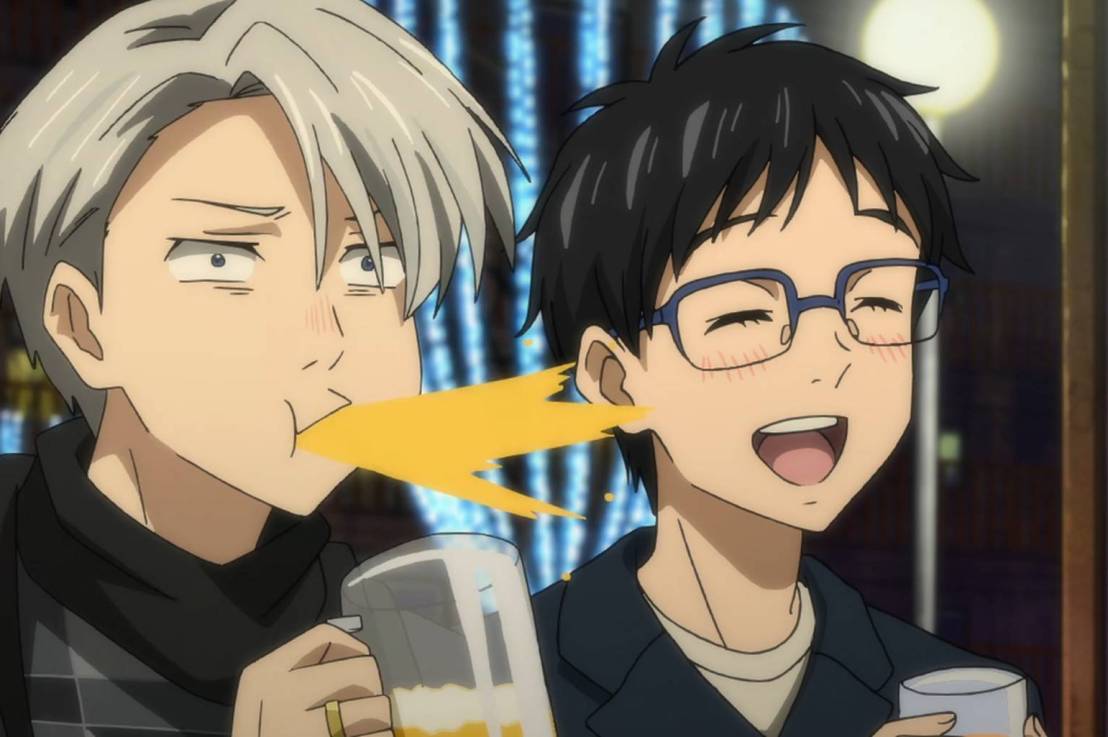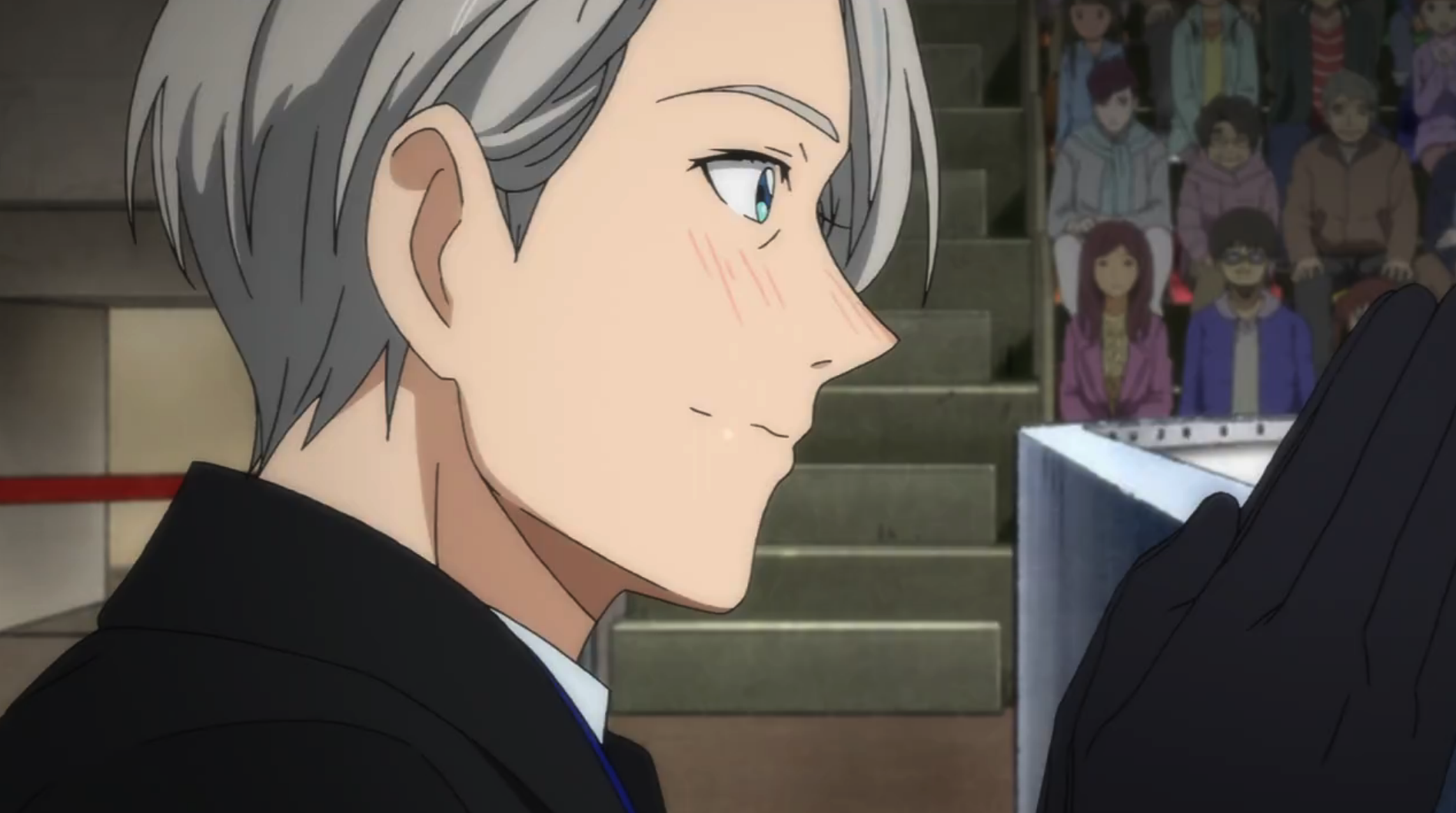The newest film from acclaimed director Makoto Shinkai, Your Name, follows two teenagers on the edge of adulthood. A boy from Tokyo, Taki, wakes up in the body of country girl Mitsuha and back in Tokyo Mitsuha has taken over the body of Taki. The changes occurs randomly and last one day, forcing the teenagers not only to deal with their own problems but also the issues of their counterpart across the country.
Shinkai enjoys taking his time in a film. He wants to give the audience a complete picture of the world, show them scenes from that world so the audience gets a vivid sense of how the character lives. In Your Name he employs this by the time he takes with each character the day of and after their first possession. But his use of photo realistic art also grounds the film in the reality of the characters and situation. Shinkai establishes time and place through the art, taking time to show elements of each character’s lives to ground them in their respective world.
We see Mitsuha’s world revealed slowly. Her relationship with her friends and their 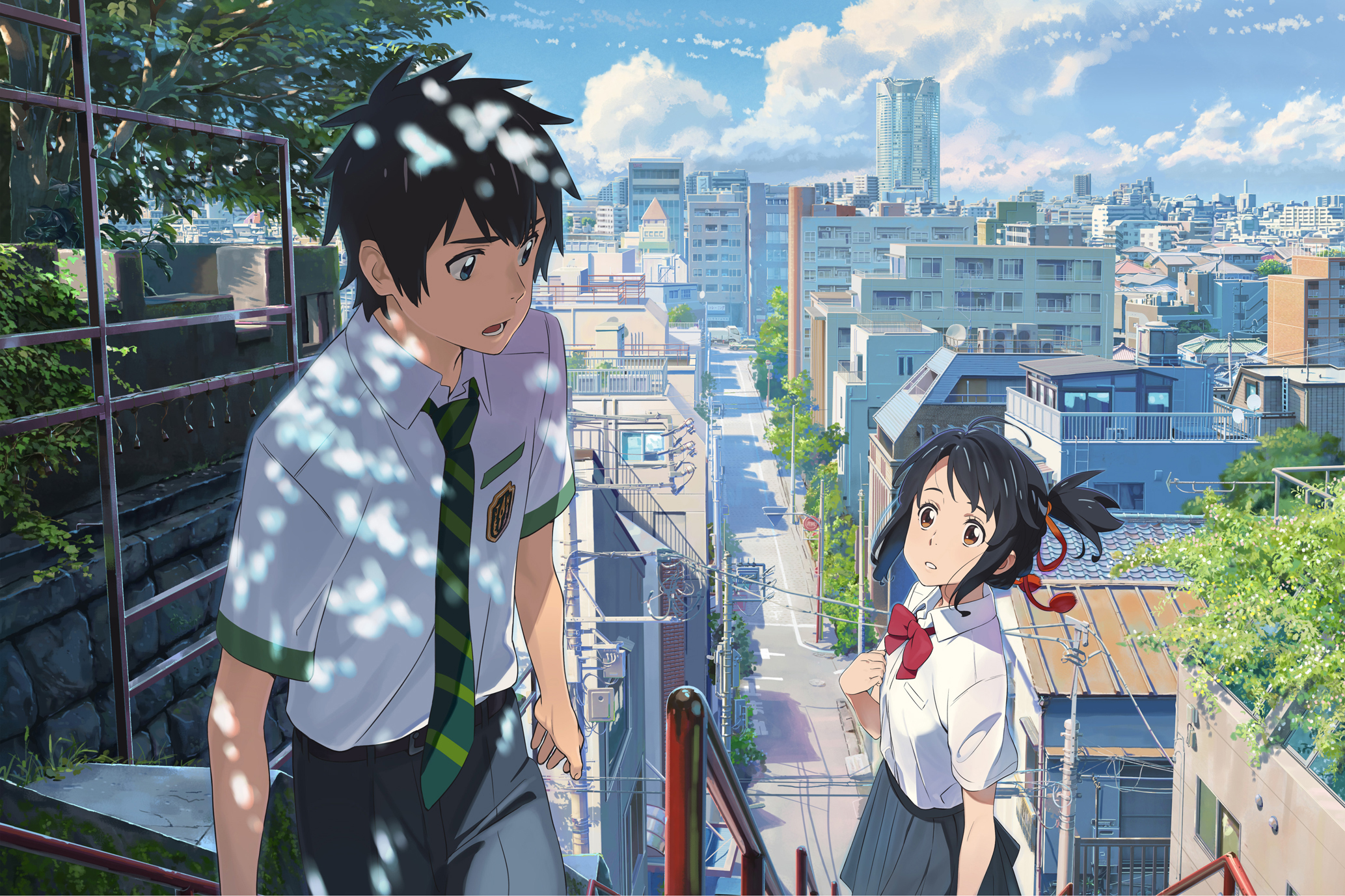 feelings towards the town, her dreams of going someplace bigger where there are cafes and good jobs. Her life as a shrine maiden, the rituals she has to perform, and the way her classmates react to the ancient display of Japanese religion and culture.
feelings towards the town, her dreams of going someplace bigger where there are cafes and good jobs. Her life as a shrine maiden, the rituals she has to perform, and the way her classmates react to the ancient display of Japanese religion and culture.
Shinkai’s world view about rural Japan and Mitsuha’s role in the world is laid bare by a story that the Shrine Priestess, Mitsuha’s grandmother, tells the young girls. At some point in the past a fire destroyed all records about the shrines role in the town. No documents of the rituals exist any longer. So while the actions of the rituals have been past down what their origin is and what they mean is lost.
This idea of meaninglessness in the rituals of the shrine is reflects how Mitsuha sees them. While she commits to them in order to make her Grandmother happy she has no interest in the shrine. She wants to leave this small town and go into the world. The small town represents a dying worldview, a place in Japan that still retains some of the isolationist mindset of the past. The people there aren’t advancing, aren’t changing with the rest of the world, the town isn’t attempting to draw young people in by changing to adapt to modern culture. It’s a dying world with people who are stuck, unmoving, as the rest of the country advances. They no longer know what their role in the world is, they just keep living the life they’ve lead for hundreds of years without thinking.
Continue reading “Review: Your Name” →

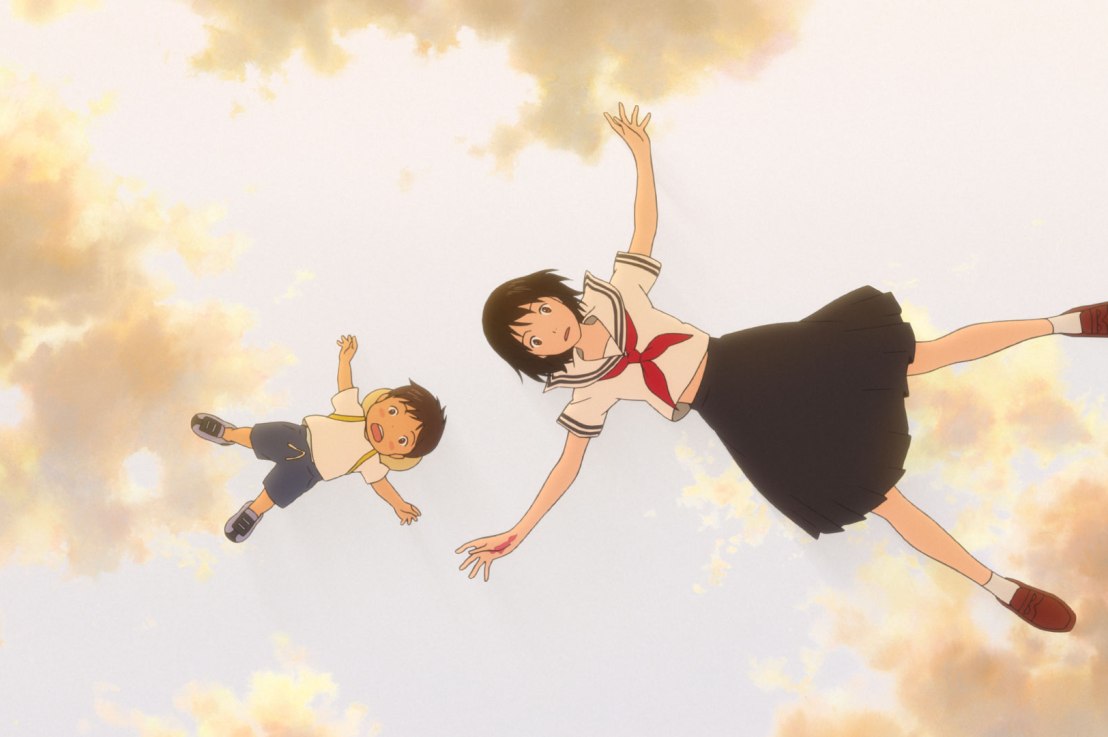
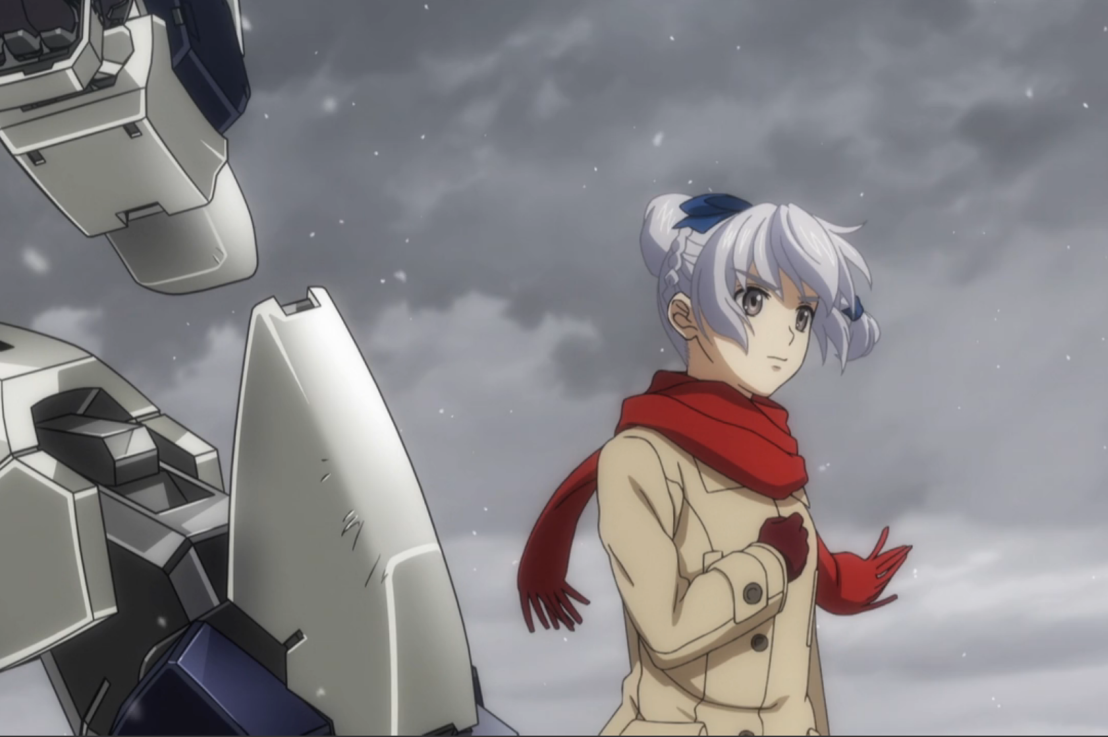
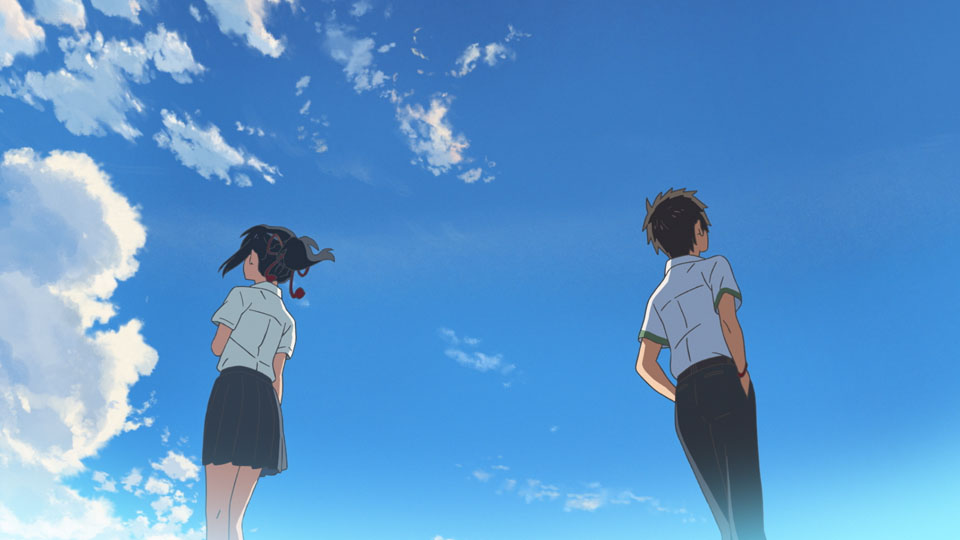
 feelings towards the town, her dreams of going someplace bigger where there are cafes and good jobs. Her life as a shrine maiden, the rituals she has to perform, and the way her classmates react to the ancient display of Japanese religion and culture.
feelings towards the town, her dreams of going someplace bigger where there are cafes and good jobs. Her life as a shrine maiden, the rituals she has to perform, and the way her classmates react to the ancient display of Japanese religion and culture. 